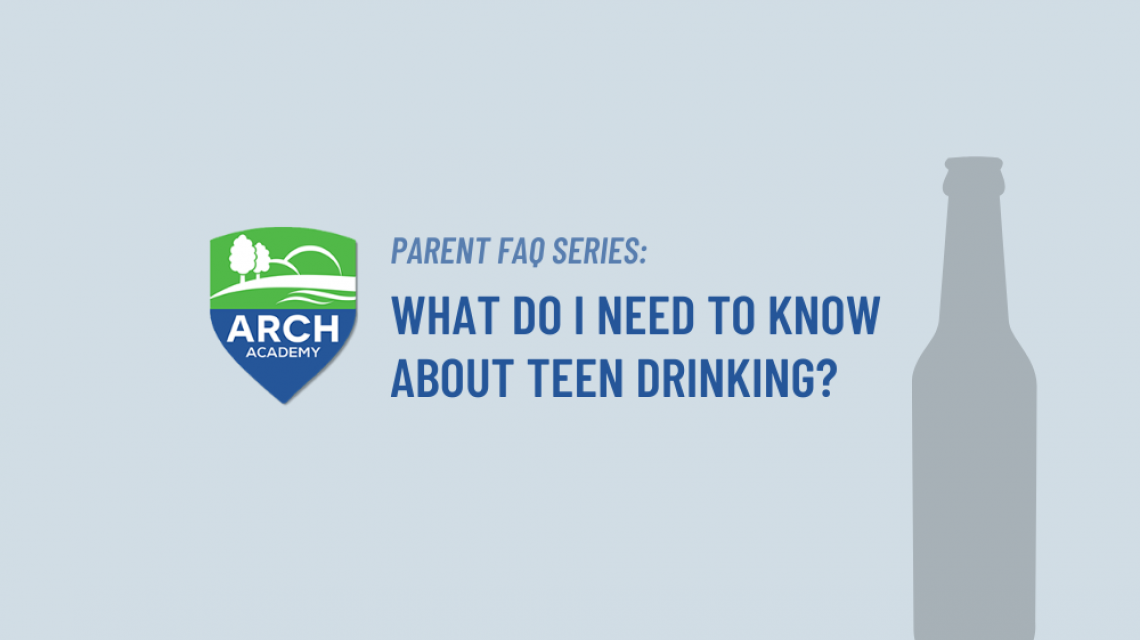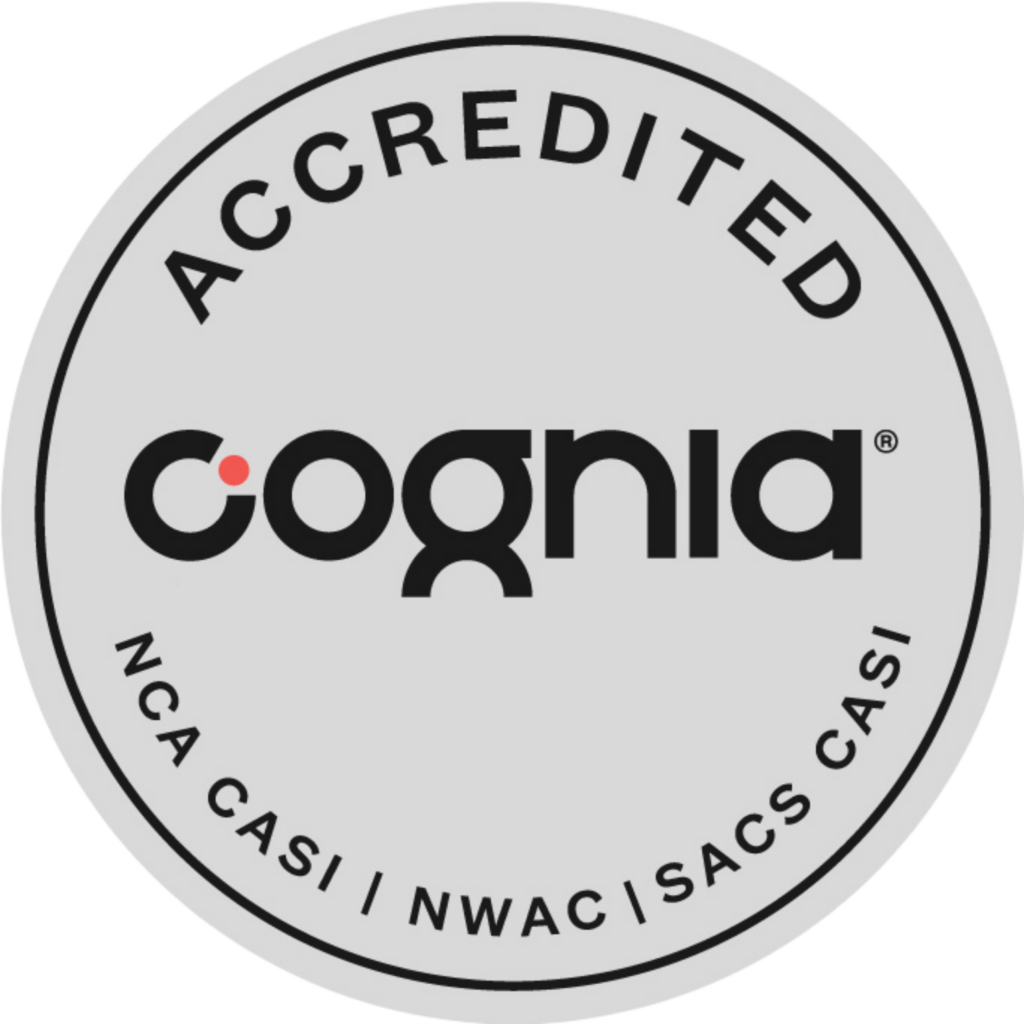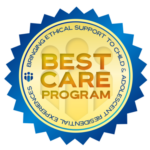With 29% of high school students admitting they have consumed alcohol in the last 30 days, according to the CDC, parents are rightfully concerned about the effects this drinking will have on their teens. Underage drinking poses both health and safety risks for teens, but understanding the dangers of this practice can help inform conversations and prevent lasting consequences for this portion of the population.
Dangers of Drinking
Especially for those who are underage, the risks of consuming alcohol can be much greater than for those who are of legal drinking age. On a physical level, teens who consume alcohol are at a greater risk for heart disease, high blood pressure, liver problems, and some types of cancer. Underage drinking can also affect brain development and impact hormone levels that contribute to a teen’s healthy organ, bone, and muscle growth. Those who drink during puberty can affect their body’s ability to properly transition from youth into adulthood.
Underage drinking can also lead to negative social, legal, financial, and other unintended consequences. While teens may view drinking as something that can improve their social relationships, this practice can actually have a negative effect, especially if they engage in binge drinking. Heavy drinking can create uncomfortable situations and result in lost friendships. Another consequence of underage drinking comes if a teen is caught by law enforcement consuming alcohol as this can lead to legal and financial issues that last beyond their teen years. Underage drinking can also result in life-altering consequences, especially if a teen decides to get behind the wheel of a car after drinking. The effects of this can be deadly and put a number of lives at risk outside of the person choosing to drink and drive.
Signs of Underage Drinking
Many parents are concerned about their teen’s behavior, but how do you know what to look for when it comes to underage drinking? As parents, you know your child best and can recognize when behavior has changed, but it can be difficult to tell the difference between normal life changes and concerning behavior. Some of the common signs of underage drinking include:
- Changes in mood or sleep patterns
- Academic or behavior concerns
- Increased secrecy
- Changing friend groups
- Signs of intoxication (slurred speech, smell of alcohol, dizziness, coordination issues)
- Lower interest in activities
While some items on this list may be attributed to other teenage changes, take note of them as you see them. Having an open dialogue with your teen about these behaviors can help you to get a better idea of what is going on.
How to Confront Teenage Drinking
If you notice these behaviors, it’s natural for you to be concerned and want to confront the issue, but it’s important to approach these conversations in a way that promotes transparency on both sides. When you start a conversation with your teen, begin with letting them know you are willing to listen. For teens to feel comfortable opening up, they need to know their side will be heard, and you will try to understand their perspective. Throughout the conversation, emphasize you are coming from a place of concern, and you want to support them through whatever challenges they are facing. Specific examples of what you have noticed can help lead your discussion and provide context for your concerns. Emphasize the strengths you see in your teen to help them know you see beyond the issue at hand and appreciate the good in them.
Support for Teen Alcohol Abuse
Teenage drinking and alcohol abuse aren’t just concerning; they can be incredibly dangerous. If you have noticed heavy drinking in your teen that’s indicative of an alcohol use disorder, it may be time to seek further support. ARCH Academy, an adolescent recovery center, can provide the residential substance abuse treatment your teen needs. We offer a variety of treatment modalities to ensure your teen has the most comprehensive treatment available. While at ARCH Academy, your teen can continue with schoolwork to keep them from falling behind and give them the opportunity to pick up life right where they left off when they return home. If you’re interested in learning more about our adolescent recovery program, contact our team today to learn more.
Reference:
“Underage Drinking-Why Do Adolescents Drink, What Are the Risks, and How Can Underage Drinking Be Prevented?” https://pubs.niaaa.nih.gov/publications/AA67/AA67.htm





